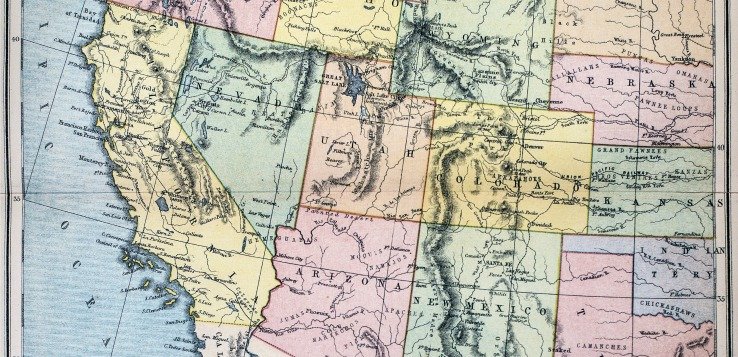
If a Spouse Lives Out of State, Is a San Diego Divorce Possible?
If a spouse lives out of state, is a San Diego divorce possible? This is a fairly common question. The quick and easy answer to this is yes, the residence of your spouse outside California does not prevent you from filing for a dissolution of marriage in the county of your residence—in other words, a San Diego divorce.
In this case, if you live in San Diego County, you will file for your divorce in the Family Court division that covers your location of residence in the county. The residency requirements for filing are covered in Family Code sections 2320-2322.
Understanding Residency Requirements in a San Diego Divorce
One of the most important requirements is that you live in California for at least six months prior to filing for the divorce.
There is also a six-month waiting period outlined in Family Code section 2339 for a judgment to be entered after the court obtains jurisdiction over the other party, meaning they must be served with the petition for dissolution and summons and you must wait a certain amount of time to move forward and prepare various financial and other documents.
Your San Diego divorce attorney can explain this process to you in detail.
You must be a resident in a county for 90 days prior to filing. There are also special requirements that allow married persons of the same sex to file a dissolution case in California even if neither of them resides in this state, listed under Family Code sections 2320(b)(1) and 2320(b)(2), as follows:
(b) (1) A judgment for dissolution, nullity, or legal separation of a marriage between persons of the same sex may be entered, even if neither spouse is a resident of, or maintains a domicile in, this state at the time the proceedings are filed, if the following apply:
(A) The marriage was entered in California.
(B) Neither party to the marriage resides in a jurisdiction that will dissolve the marriage. If the jurisdiction does not recognize the marriage, there shall be a rebuttable presumption that the jurisdiction will not dissolve the marriage.
(2) For the purposes of this subdivision, the superior court in the county where the marriage was entered shall be the proper court for the proceeding. The dissolution, nullity, or legal separation shall be adjudicated in accordance with California law.
A San Diego Divorce Attorney Can Help With Matters Related to Jurisdiction
When you’re going through a divorce, an experienced divorce attorney can help you navigate the process, including determining appropriate jurisdiction.
If you are considering divorce or have already made the difficult decision to pursue divorce and have questions, contact JWB Family Law to schedule a free consultation.



